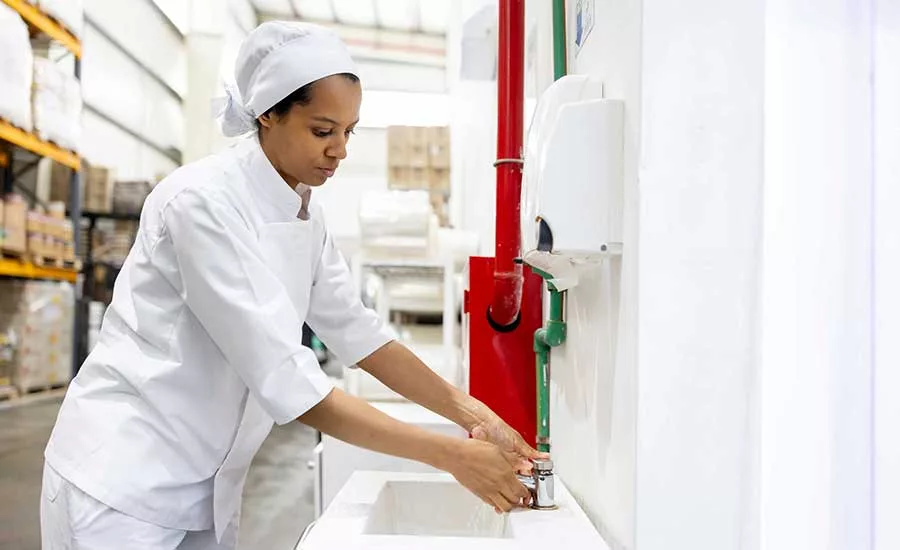Study: Corporate Restaurant Franchises Violate Health Code Less Than Family-Owned Counterparts

Image credit: RDNE Stock project via Pexels
Family-owned restaurant franchises receive health code violations more frequently than their corporate-owned or single-owner counterparts, according to a new study led by Mississippi State University researchers. The findings also showed that corporate-owned franchises fared the best in terms of health and food safety.
Drawing data from public franchise disclosure documents, the Mississippi State-led research team analyzed health code violations for nearly 1,500 quick-service restaurants across the U.S. Southeast, categorizing establishments as single-owner (owned by one person), family-owned (owned by two or more members of the same family), or corporate-owned (owned by a parent company).
The researchers hypothesize that the better health and safety outcomes at corporate and single-owner foodservice establishments over family-owned businesses could be due to the frequent visitation of restaurants by corporate personnel, or because of lone owners’ high level of control and personal stake, respectively. Moreover, it is possible that family franchisees may prioritize family harmony over adherence to franchise rules, or that conflicting goals between family franchisees and franchisors may lead to conflicts that negatively affect health and safety outcomes.
According to the U.S. Centers for Disease Control and Prevention (CDC), the study’s findings are consistent with previous research showing that chain restaurants tend to have better food safety practices than independently owned restaurants. This is potentially attributable to corporate-owned chains having access to increased resources, better training, and procedures that meet national food safety standards, per CDC.
Looking for quick answers on food safety topics?
Try Ask FSM, our new smart AI search tool.
Ask FSM →









